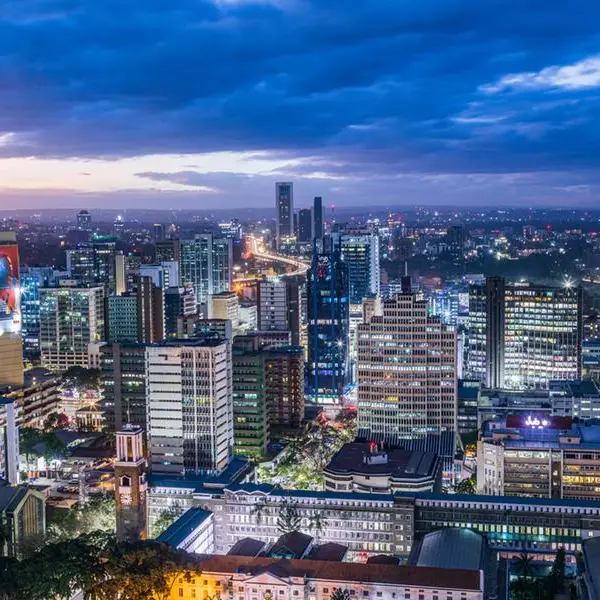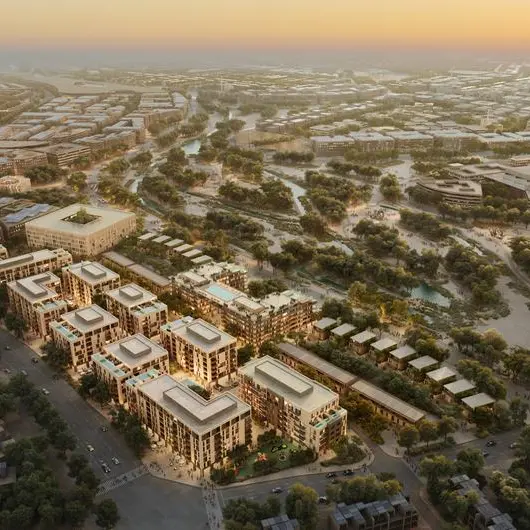State listed as 'moderately free' ahead of France
KUWAIT: Kuwait retained its 74th rank globally in the latest economic freedom index released by the Heritage Foundation. Kuwait earned a score of 62.7 out of 100, putting it as a 'moderately free' country ahead of France, Saudi Arabia and Turkey, and with states like Poland, Belgium, and Spain in the same category. Kuwait made only a 0.2 improvement compared to last year's index.
The 2016 Index of Economic Freedom indicates that despite efforts to modernize and diversify Kuwait's economy, oil production remains dominant. The private sector is largely dependent on government spending and expatriate labor, and the labor market is highly segmented. The public sector employs about 80 percent of the labor force; expatriates are employed mostly in the small private sector.
Regarding rule of law, the report indicates that inadequate transparency in government spending and operations is exacerbated by the weak rule of law. "The legal system is not well developed, and foreigners face difficulties enforcing contract provisions in local courts. Only citizens of Gulf Cooperation Council countries may own land," the report reads. Yet, it indicates that Kuwait saw improvement in freedom from corruption.
Income tax
The report further points out the fact that Kuwait does not tax individual income. "In practice, foreign-owned firms and joint ventures are the only businesses subject to the corporate income tax, which is a flat 15 percent," the report reads. "Duties on international trade and transactions account for most other tax revenue." And while the report indicates that government spending has dropped, it says that the spending equals 37.5 percent of GDP, and public debt is less than 10 percent of GDP. "Oil revenues allow tax rates to be kept low while maintaining government revenue," the report reads.
With regards to regulatory efficiency, the report indicates that progress in regulatory reform has been gradual and uneven. "Bureaucratic hurdles add to the cost of completing licensing requirements," the report says. "Labor regulations lack flexibility, and the labor market remains highly segmented. Reflecting the reality of long-term lower oil prices, the government has initiated a five-year (2015-2019) development plan to phase out Kuwait's extensive system of subsidies, currently 9 percent of GDP." In general, the index indicates that labor freedom in Kuwait has regressed, while business and monetary freedom has improved.
Trade freedom
As for trade, the report says that Kuwait's average tariff rate is 3.9 percent. "Government procurement processes favor domestic firms," the report says. "The government screens new foreign investment and restricts investment in some sectors of the economy. The financial sector continues to evolve. The number of non-performing loans is declining, and the banking sector remains well capitalized. The Capital Markets Authority took on a supervisory role in September 2011." According to the index, trade freedom in Kuwait improved last year, while no similar improvements were seen in investment and financial freedom.
The index ranks Kuwait in sixth place among Arab countries, trailing Bahrain, the United Arab Emirates, Qatar, Jordan and Oman respectively. It argues that political tensions remain high, and economic policymaking has been constrained by political disputes. Kuwait controls roughly 6 percent of the world's oil reserves. Oil and gas account for nearly 60 percent of GDP and 95 percent of export revenues.
© Kuwait Times 2016




















